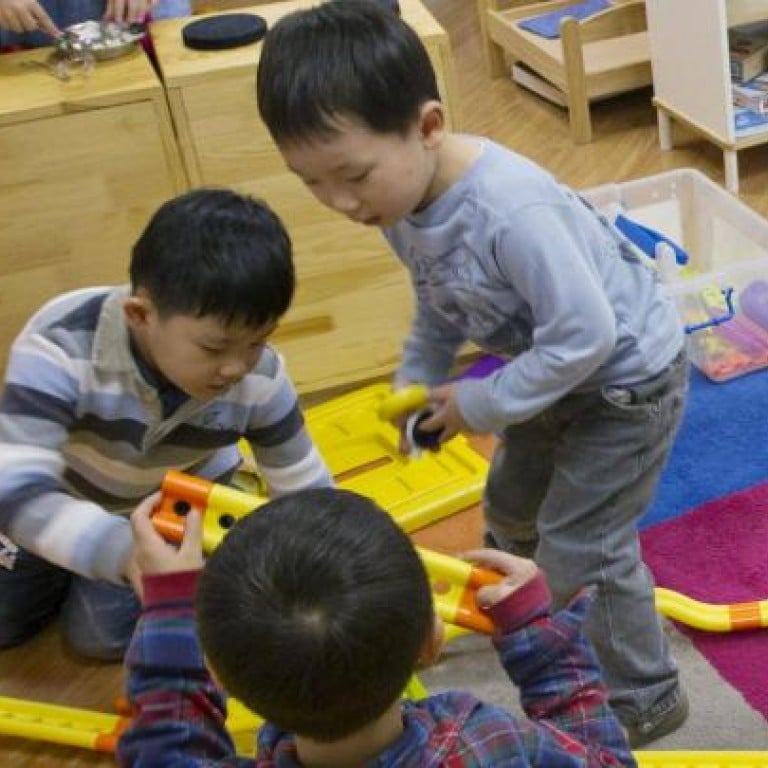
Loving connection at home helps children build social skills
A couple recently came to us to see if their young son, Fai, could join a social group at the Hong Kong Family Welfare Society to watch how he interacted with the other children. His teacher suspected the boy might have autism, partly because he was very shy and did not communicate with the other children in his class. But his mother insisted that he got along fine with his two-year-old sister at home, and his behavour seemed quite normal to her.
Fai was in K2 (aged four) and waitlisted for medical assessment because he appeared to lack the social skills of his peers.
His parents are both successful professionals, and Fai and his younger sister are looked after by their grandmother during the day. Their mother makes sure she is back in the evenings to look after the children. After she finishes the chores, her husband watches their daughter while she helps Fai with his studies to ensure that he doesn't fall behind academically.
She said Fai loved to chat with her while they studied together, which made it hard for her to understand why he should be so silent at school and chronically shy when he visited other friends or relatives.
Children's performance at school is important, but parents also need to pay attention to other areas of their development.
It often becomes clear when a child starts school what they are capable of doing and how well they are able to take care of themselves. If their child is not communicating properly, parents will bring him or her in for an assessment so they can ask questions about their child's development.
Beyond any treatment that can be provided, it is important that the child feels surrounded by love and care at home.
Much of the basic training and social skills for a child can be taught in everyday scenarios. You don't always need to enrol young children in training courses. Simply taking them along to the supermarket, on the bus, on a picnic or watching television together provides opportunities for daily child-parent interaction. And this instils the social skills they will need at school.
Fai and his mother joined the parent-child playgroup at Zonta White House, the first family retreat centre in Tai Po under the society's management. In the group sessions, he learned how to express his emotions and how to interact socially. To encourage parent-child interaction, there were games such as hide and seek and shared activities such as drumming and art.
Fai's mother had signed him up for other playgroups before, but he was always reluctant to go. So she was delighted to see that Fai was willing to join this activity.
His teacher began to notice that he was becoming much more active and responsive in the classroom after just three sessions.
Fai's mother has also become more confident in her ability to cope with any developmental problems he might have. She realised that her son was improving not only because of what the trainers had taught him, but also the loving connection with his parents.
Florence Ho is a social worker with the Hong Kong Family Welfare Society
